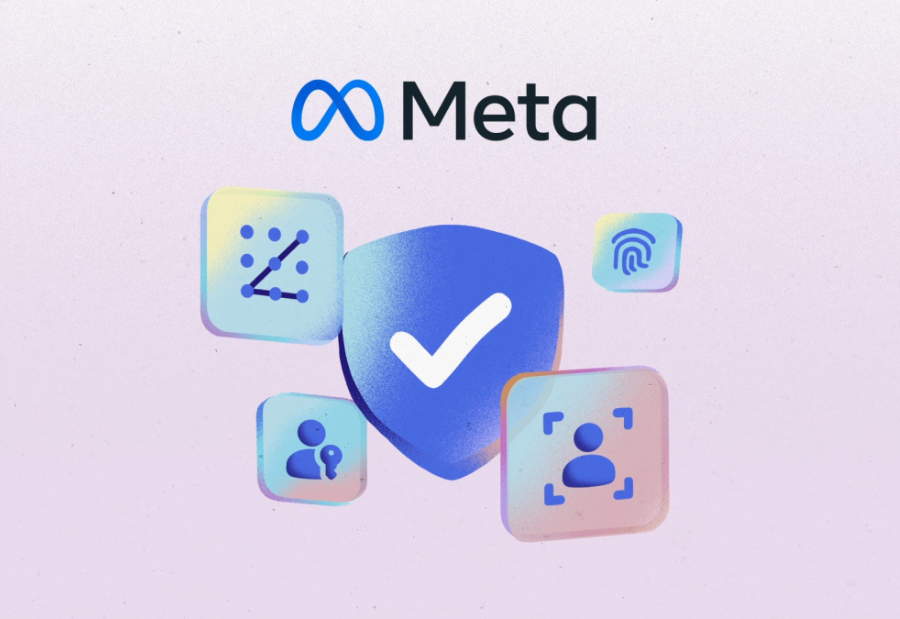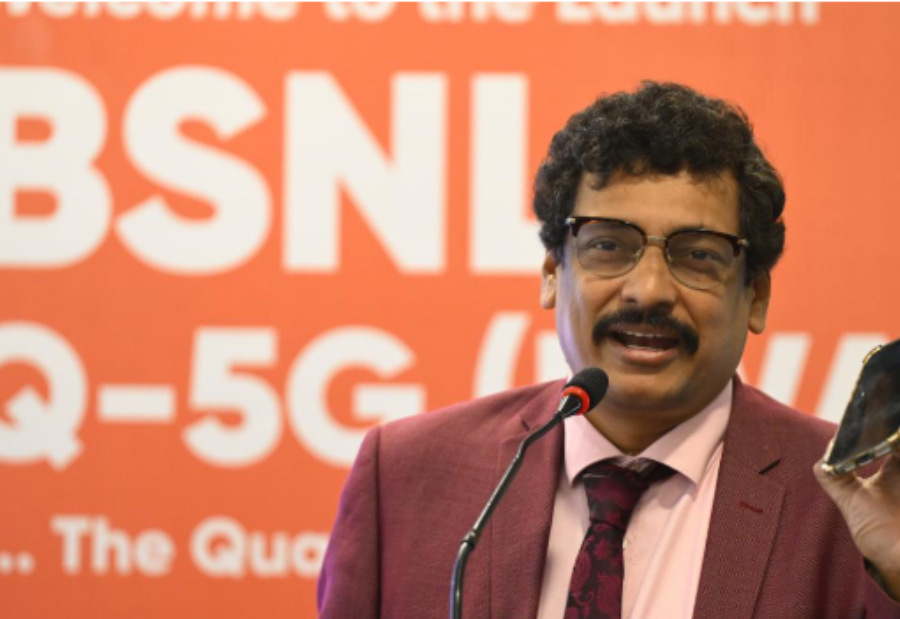Financial limitations, such as the high cost of infrastructure, tools, and training, make it difficult for micro, small, and medium-sized companies (MSMEs) in the nation to implement artificial intelligence (AI) solutions, despite the fact that more and more firms are embracing AI. The idea that investing in AI is costly and risky is also influenced by financial constraints.
MSMEs want AI solutions that are economical to adopt and maintain while minimizing infrastructure expenditures. According to stakeholders and experts, this would allow them to use AI without putting a burden on their already tight budgets.
“The answer lies in modular, cloud-native enterprise architecture built for constraint. MSMEs can bypass heavy infrastructure costs by using scalable, pre-trained AI services on pay-as-you-go cloud platforms,” says Ashutosh Ahuja, an enterprise and solution architecture expert with a focus on AI.
Decentralized models that enable targeted, low-risk adoption are necessary, and the strategy not only lowers costs but also makes AI really accessible to small and medium-sized enterprises, says Ahuja. According to experts, MSMEs should begin with a well-defined company plan that links AI investments to certain business objectives.
According to data released by the Bangalore Chamber of Industry and Commerce (BCIC) at a summit in April of this year, India’s manufacturing adoption rates of AI are very low—less than 25% in organized manufacturing and about 15% in the case of MSMEs.
However, AI adoption rates in manufacturing are 35–40% in countries like the US, China, and Germany. Pricing, according to experts, is a major factor limiting adoption in India.
59% of India’s MSMEs find it difficult to engage in AI because of the high costs of tools, equipment, and training, according to a survey conducted by the Institute for Competitiveness for NITI Aayog. Additionally, according to 91% of MSMEs, AI need to be accessible and reasonably priced for everybody. Financial assistance in the form of grants, subsidies, and low-interest loans was suggested by the research. The study did not, however, provide precise information on the loans’ interest rates, eligibility requirements (whether they applied to all MSMEs or just a subset of them), or the scope of support.
According to the Union Budget 2025, corporations with investments up to Rs 25 crore will now be referred to as small enterprises, up from Rs 10 crore; MSMEs with investments up to Rs 125 crore will now be recognized as medium enterprises, up from the previous limit of Rs 50 crore; and MSMEs with investments up to Rs 2.5 crore will now be classified as microenterprises, up from the previous threshold of Rs 1 crore.
The long time to value realization, cost of ownership, and awareness are some of the key elements influencing adoption, according to Kamesh Srinivasan, Partner-Digital Lighthouse at KPMG in India.
“While an industry-led consortium around home-grown foundational models will surely ease the cost pressure, additionally, awareness of AI, a platform-led approach to adoption and a low-entry barrier to value realisation will pave the way for a robust AI-driven MSME industry,” adds Srinivasan.
Experts claim that because of hefty membership fees and pay-use expenses, significant AI models from outside are frequently unavailable to small enterprises, making it difficult for MSMEs to employ AI technology.
According to Jaydeep Birje, CEO of Leo Engineers, MSMEs continue to face difficulties using AI because of its perceived complexity and expense. Birje adds, nevertheless, that MSMEs may also use phased and cost-effective strategies. “Instead of full-scale AI integration, MSMEs should begin with narrow AI applications that solve specific pain points, like demand forecasting, predictive maintenance, chatbots for customer service and invoice processing and automation,” adds Birje.
Experts advise MSMEs to consider taking use of government programs such as the Digital MSME Scheme and SAMARTH Udyog Bharat 4.0, which provide financial and technical support for the adoption of Industry 4.0 technologies, including artificial intelligence.
“Collaborating with AI start-ups, research labs, or academic institutions can give MSMEs access to innovation at low cost, often through pilot projects or joint R&D. Instead of hiring expensive AI experts, MSMEs can upskill existing employees through affordable online training. This builds in-house capability over time,” says Birje.
Managing the cost of AI
MSMEs must view AI as a strategic investment rather than a cost center if they want it to be financially feasible. Experts advise MSMEs to use AI services more prudently.
Subscription or usage-based pricing is commonly available for cloud-based AI services, avoiding significant upfront capital expenditures and distributing expenses over time. Additionally, they say that MSMEs may utilize pre-built AI models for common functionalities like language processing, picture recognition, or analytics rather than creating unique models from scratch, which saves time and money on development.
Birje advises giving top priority to AI initiatives that provide a measurable return on investment, such as cost reductions, increased productivity, or client retention. “This justifies the expense and builds internal confidence,” he says.
According to experts, MSMEs may receive discounted access to AI technologies and coaching by utilizing incubators, accelerators, or industrial clusters supported by both public and private entities.
ET Digital will also begin accepting entries for its sixth edition of the ET MSME Awards 2025 on June 27, 2025, which is World MSME Day. The esteemed award program honors India’s leading MSMEs for their accomplishments and contributions to the country’s economic growth.
Also read: Viksit Workforce for a Viksit Bharat
Do Follow: The Mainstream formerly known as CIO News LinkedIn Account | The Mainstream formerly known as CIO News Facebook | The Mainstream formerly known as CIO News Youtube | The Mainstream formerly known as CIO News Twitter |The Mainstream formerly known as CIO News Whatsapp Channel | The Mainstream formerly known as CIO News Instagram
About us:
The Mainstream formerly known as CIO News is a premier platform dedicated to delivering latest news, updates, and insights from the tech industry. With its strong foundation of intellectual property and thought leadership, the platform is well-positioned to stay ahead of the curve and lead conversations about how technology shapes our world. From its early days as CIO News to its rebranding as The Mainstream on November 28, 2024, it has been expanding its global reach, targeting key markets in the Middle East & Africa, ASEAN, the USA, and the UK. The Mainstream is a vision to put technology at the center of every conversation, inspiring professionals and organizations to embrace the future of tech.




